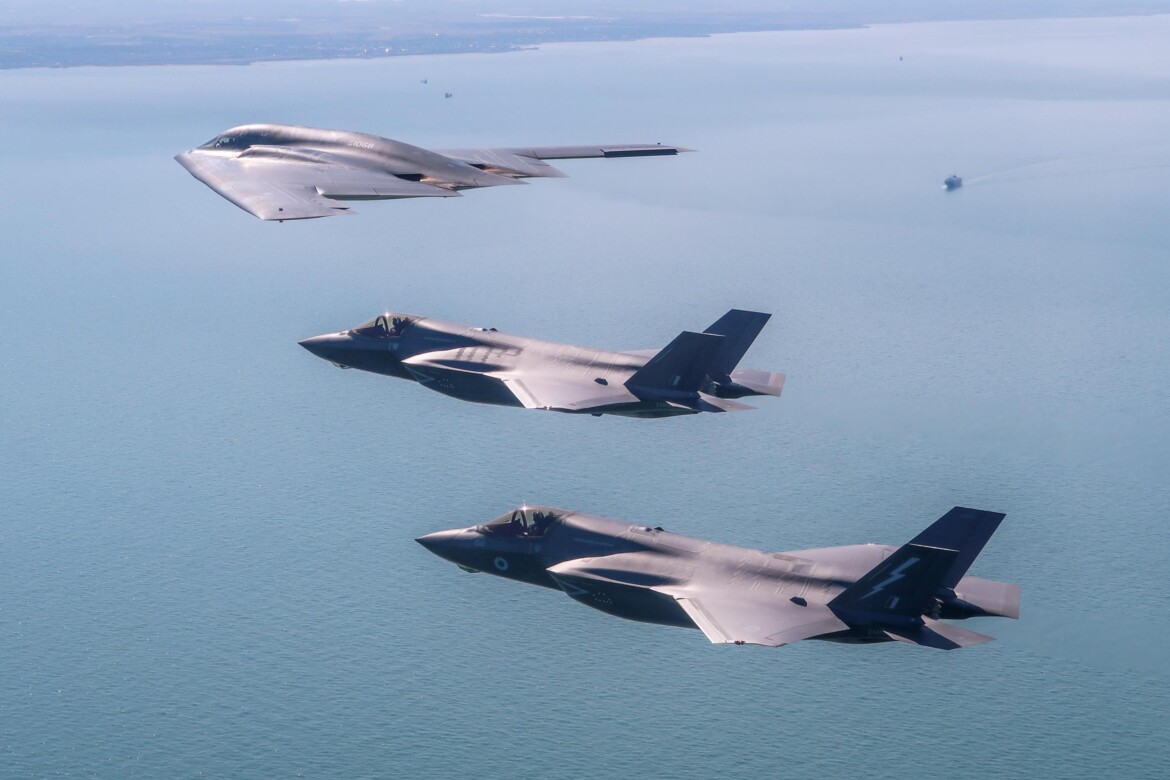Interview
Ori Goldberg: ‘Netanyahu's personal future and national interest are inseparable’
Israeli expert on Iran: ‘The new Israeli security doctrine includes a variation on the idea of Lebensraum, the Nazi concept of “living space”: we must clear the space around us to ensure that our enemies cannot threaten us directly or that no real friction can occur.’

A former researcher at the Lauder School of Government in Herzliya, Ori Goldberg is one of Israel's leading experts on Iran. He spoke to us by phone from Tel Aviv.
Many are wondering who is really in charge: Trump or Netanyahu?
I don't think that at this moment one is telling the other what to do. I believe that Trump told Netanyahu, “Do what you want. If I'm interested, I'll take part, I'll come to your aid.” It is Netanyahu who is directing the Israeli attacks, not the United States, with Trump giving himself carte blanche to join in whenever he wanted, or whenever Israel would manage to convince him to strike.
To what extent does Trump's United States conform to Israeli interests, and how much of an impact does the convergence of regimes between the US and Israel have? Racial supremacy, high courts subservient to the executive, reduction of freedoms in the name of security, structural inequalities based on ethnicity and religion, obvious impatience with commonly shared rules.
I think they are similar. It's like the opening lines of Anna Karenina: all illiberal regimes are alike. However, there are differences: Netanyahu is not really interested in domestic politics, the only way he can promote himself is through foreign policy, or worse. For Trump, it's the opposite, he's exclusively interested in domestic politics. So it's true, these two regimes are converging, and they are not the only ones; I'm thinking here of Hungary. But there are still differences: it's more a matter of converging interests than converging structures.
Netanyahu has been talking about attacking Iran for two decades. What is the goal behind the aggression? Many are stressing his need to remain in power, but are there more structural and ideological reasons, linked to expansionist desires, not in a strictly territorial sense but in a political sense?
In a sense, this is certainly the case. The new Israeli security doctrine includes a variation on the idea of Lebensraum, the Nazi concept of “living space”: we must clear the space around us to ensure that our enemies cannot threaten us directly or that no real friction can occur. This is part of Israel's calculations, but it is not the only factor, because after two decades in power, Netanyahu's personal future and national interest are now inseparable. So, the combination of the desire to remain in power and the desire to make Gaza disappear has also had an effect.
On this subject, how much is the attack on Iran linked to the ongoing genocide?
Netanyahu is the prime minister who, more than any other, has actively attempted to make the Palestinian question disappear. The entire process of what Israel calls “normalization,” namely the Abraham Accords, was aimed at normalizing the occupation. For Netanyahu, this is standard operating procedure. What has had an impact is the global change in mood: he felt that Israel had exhausted its options in Gaza, that, albeit very slowly, the international community could have taken action against Israel. To avoid this, he started the war on Iran, because no one likes Iran and no one would defend Iran. Netanyahu understood that countries that were turning their backs on him, such as Germany or the U.K., would fall back into line in the event of a war on Iran.
The images of destruction in Israel are unprecedented, the economy is faltering, and the costs of the various military offensives are enormous. How will the country manage to stay afloat and not collapse?
It can hold out for a while longer, even though the economy is being blown up and the country is at a standstill. Everyone is pretending that everything is normal, but it is not. Netanyahu is appropriating every national resource for the constant expansion and maintenance of the permanent war machine. The real problem is the vast majority of Israeli Jews who support him, a mad alliance. I don't know when Israel will no longer be able to pay its debts or when the poor working class will no longer be able to make ends meet, but it will happen.
What can we expect from Iran at this stage, both in terms of military response and internal political stability?
The Islamic Republic is relatively stable, and Iran has a long history of populist revolutions. To bring about another one, a stable coalition of organizations, parties, and interests would be needed, which is not there in Iran today. They’re all under attack. The Islamic Republic shows no signs of collapse in the short term and doesn’t have suicidal instincts: it will not go against the whole world. It will look for a way to strike Israel for a few more days and try to reach some kind of agreement with the U.S. and perhaps with the European Union. It does not want a long war.
Originally published at https://ilmanifesto.it/restare-al-potere-e-far-sparire-gaza-i-due-obiettivi-di-bibi on 2025-06-24
